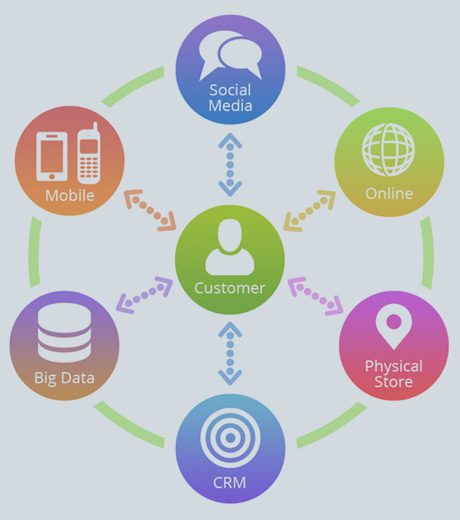For any successful business, having a robust online presence is essential. Good SEO practices can help your marketing team capture visibility and boost growth for your store. After all, the better your store’s website performs in search engines, the easier it is to get paying customers to visit it – and that makes SEO optimization a must-have skill for any modern marketing manager. In this blog post, we’ll discuss why emphasizing SEO should be part of your customer experience strategy and explore various ways you can use this powerful tool to improve user engagement, satisfaction, and profitability. Read on to learn more!
While many marketers base their SEO practices on how to outsmart Google by “gaming the algorithm,” a more practical philosophy would be to focus on the things that improve the overall customer experience. Ultimately, Google makes its money by selling ad space; the more often it can keep people coming back, the more ads it can serve.
The formula is simple: Happy Googlers = more time spent using Google. More time spent using Google = more ad revenue.
It is a symbiotic relationship where Google rewards websites that give users exactly what they are looking for and punishes those that fall short. Much like a credit score, Google keeps a historical record of every interaction its users have with your site and grades you accordingly. With that in mind, let’s break down some key ways to improve customer experience and put Google to work for your business.
Relevant and Valuable Content
It seems obvious, but you’d be surprised how many websites need help understanding what relevant and valuable content means. Several years back, it was common for marketers to publish as many blog posts and webpages as possible, simply padding their content with repetitive industry keywords and focusing less on the quality of information. This strategy, known as “keyword stuffing,” was an effective method for tricking Google into thinking a webpage had a higher relevance — the logic being a page that contained a higher count of the words users were searching for must be more relevant.
This shortcut was successful while it lasted, but in the end, those who abused it were severely punished. As Google improved its algorithm, it implemented a method of detecting sites guilty of keyword stuffing and marked it as a strike against their search rankings.
Proper keyword use is still essential SEO practice for ranking higher in search results. Still, Google has become much more sophisticated at determining whether these keywords are used authentically and naturally. Even if you could fool Google into making the keywords appear natural, achieving a higher rank in the search results, users that reached your page and didn’t find what they were looking for would quickly leave the page. The more often google sees users leave your page shortly after opening it, the more it associates your page with a poor user experience. Instead, focus on providing users with quick, meaningful information that will leave
them with a positive experience — set this as your top priority, and Google will reward you for your effort.
Looking Under the Hood
Beyond content, Google gives your website a grade based on its ease of use. Things like pages that load too slowly, poor responsiveness on mobile devices, or a menu that is difficult to navigate all contribute to an unpleasant user experience. In the era of instant gratification, customers will only stick around for a while if your site is challenging to use. Practice good digital hygiene by checking your site regularly for proper functionality. Retailers need to remember this easy step may be hurting their quality score and not even realize it.
Trust and Credibility
Trust and credibility work as a feedback loop. Customers are more likely to trust websites that rank higher on the SERP than those on later pages. The more consistently you provide a quality customer experience over an extended period, the more reliable you are viewed in the eyes of Google. It takes much longer to build a reputation than damage it.
Local SEO
Local SEO is essential for stores that rely on local customers. Optimizing your website for local SEO can help you appear in the local pack, a group of retailers that appear on the map when someone searches for a specific product or service in a particular area.
By appearing in the local pack, you’re more likely to attract customers looking for your products or services. This makes it easier for customers to find your store, improving their experience and encouraging them to purchase from you.
Conclusion
In summary, it’s impossible to know how Google’s algorithm will change over time, and chasing short-term SEO practices and strategies can lead to headaches down the road. Rather than trying to outsmart Google, focus your energy on providing the best customer experience, then trust your page rank will follow with more potential website visitors and drive traffic to your store.














